The ECJ Beneficial Ownership Ruling: Does it Impact Investigations?
The European Court of Justice has recently ruled that EU law will not allow for beneficial ownership information to be freely available to the public. The decision, which is a blow to combatting corporate secrecy, relates to a recent case that was brought to the ECJ by two owners of entities registered in Luxembourg. They had objected to personal details that had been available the publicly avalible corporate benifical ownership registry. Since 2019, access to information on the beneficial owners of Luxembourg entities has been available in a central registry. This registry, like many in the European Union, detailed beneficial ownership of entities on an unrestricted basis to the general public.
In the landmark ruling, the ECJ dismissed the EU order for corporate beneficial ownership registries to be available to the public. In its ruling, the ECJ decided that such registries acted as an infringement on fundamental rights of privacy and personal data protection. This ruling has highlighted the lack of compatibility when it comes to personal data protection rights (GDPR) and public access rights.
The ruling clearly has significant implications for public access to company ownership registers, however, regulated bodies and public authorities will still be able to access the data. This may lead to a scenario where access to beneficial ownership data by members of the public may only be possible if there is a clear and legitimate interest.
Bodies such as the Financial Action Task Force (FATF) will find the ruling a blow. They, alongside governmental enforcement agencies, are proponents of accessible corporate ownership registers, as they act as a tool for increasing corporate transparency and fighting financial crime. In effect, the ruling undermines the European Union’s own aim to prevent money laundering, combat terrorist financing, and enforcement of sanctions.
This increase in corporate secrecy assists those who are trying to evade sanctions, launder dirty money, or hide financial dealings. Without easy access to corporate registries the ease of conducting business due diligence, know your customer, sanctions compliance, and AML/TF checks is significantly impacted.
What next?
This ruling may also increase the likelihood of non-EU countries following Europe’s example. This will reverse much of the progress that has been made on corporate transparency made over the past few years.
This means that corporations will find it increasingly difficult to have a clear understanding of who they are doing business with and to ensure that they are not falling afoul of regulatory bodies that can impose significant fines.
The ECJ statement on the ruling can be found here: https://portal.ieu-monitoring.com/editorial/eu-court-of-justice-judgment-of-the-court-in-joined-cases-c-37-20-and-c-601-20-luxembourg-business-registers-and-sovim-anti-money-laundering-directive/394295
To learn more about how RSB can assist you with enhanced due diligence and investigation services click here
